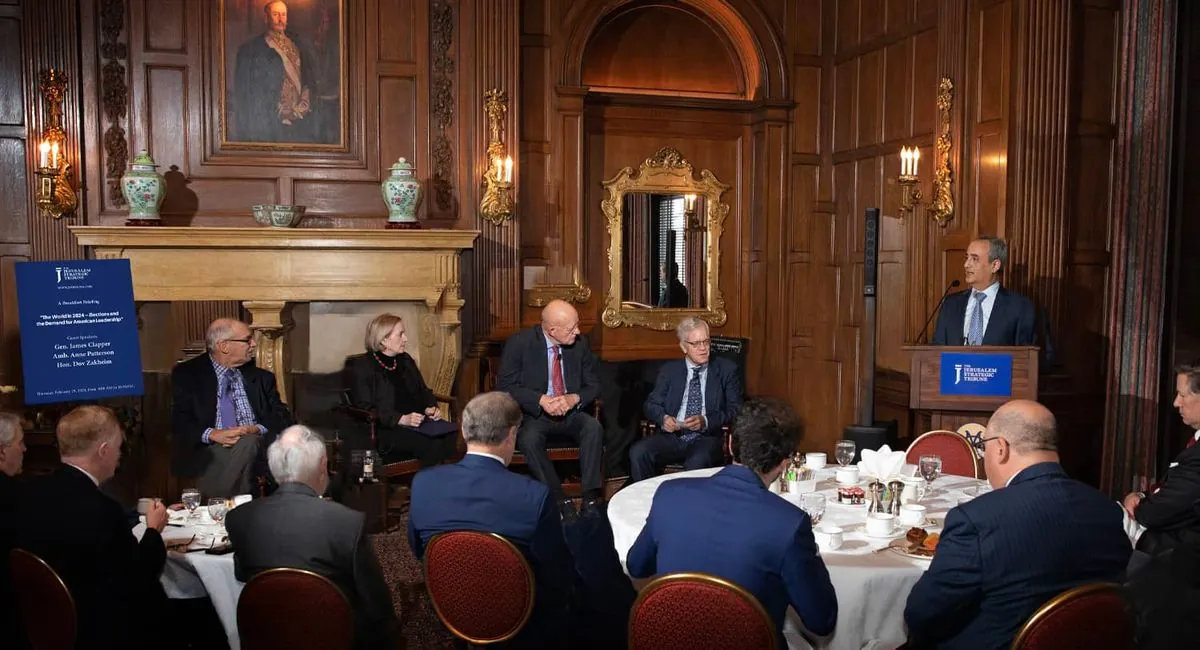Congress's Crucial Role in Shaping U.S. Foreign Policy
The balance of power in U.S. foreign policy has shifted towards the executive branch, but Congress is showing signs of reclaiming its constitutional role. Recent actions demonstrate its potential to shape critical decisions.

The United States Constitution, crafted by the Founding Fathers in 1787, deliberately assigned Congress the power to declare and fund wars. This decision, rooted in the framers' wariness of unchecked monarchs, aimed to prevent ill-advised conflicts. However, the post-World War II era saw a significant shift in this balance of power.
In 1947, the creation of the Defense Department, National Security Council, and Central Intelligence Agency marked the beginning of an expanded executive branch role in foreign policy. This trend continued through the Cold War, with Congress often deferring to presidential decisions on international matters.
The Vietnam War, lasting from 1955 to 1975, served as a wake-up call for Congress. In response, legislators passed the War Powers Resolution in 1973 and the Arms Export Control Act in 1976. Despite these efforts, unauthorized military actions continued in various parts of the world.
Today, the executive branch often conducts military operations with minimal congressional oversight. The 2001 Authorization for Use of Military Force (AUMF), passed after the 9/11 attacks, has been used to justify military actions in at least 22 countries over the past 23 years. Similarly, the 2002 Iraq War authorization remains in effect, long after the conflict's official end in 2011.
"The Constitution … is an invitation [to the president and Congress] to struggle for the privilege of directing American foreign policy."
Critics argue that congressional involvement slows down foreign policy decisions. The recent security supplemental for Ukraine, Israel, and Taiwan, passed in April 2024, faced months of delays. However, this process also forced a public debate on the merits of spending billions on foreign conflicts.

Despite concerns about partisanship, Congress has shown bipartisanship on foreign policy issues. During the 2010s, Senate Democrats and Republicans voted together on foreign policy 54% of the time, compared to 38% on domestic issues.
To reassert its constitutional role, Congress should focus on several key areas:
- Reining in the president's ability to conduct unilateral military strikes
- Repealing outdated authorizations and including sunset provisions in new ones
- Passing annual authorization bills for all foreign policy-related departments
- Expanding access to top-level security clearances for congressional staff
Recent years have seen Congress take more active steps in shaping foreign policy. In 2017, it passed the Countering America's Adversaries Through Sanctions Act. In 2021, the Uyghur Forced Labor Prevention Act was enacted to address human rights concerns in China's Xinjiang region. The creation of new committees, such as the Select Committee on Strategic Competition with the Chinese Communist Party in 2023, further demonstrates Congress's engagement with critical foreign policy issues.
As the November 2024 elections approach, it is crucial for Congress to reclaim its role in matters of war and peace. By doing so, it ensures that foreign policy decisions reflect the broader will of the American people and undergo rigorous debate, not only in Washington but across the nation.
The Founding Fathers, including James Madison, envisioned a system where the legislative branch would serve as a check on executive power in foreign affairs. As the United States faces complex global challenges, it is more important than ever for Congress to fulfill this constitutional duty and actively shape the nation's foreign policy.


































